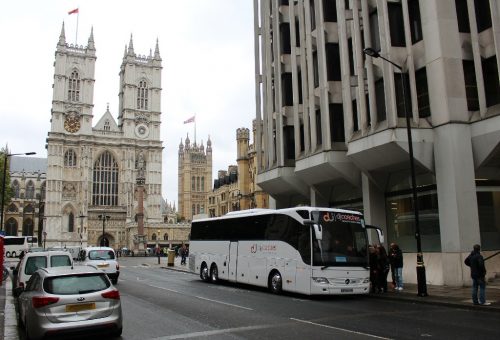
Our coaching insider reiterates his deep concern at the uncertainty created by the London Mayor’s plans for an extended Ultra Low Emission Zone in the capital
With the impending ULEZ (Ultra Low Emission Zone) in London and all that has gone before, there needs to be fairly definitive guidelines for the future of diesels operating in and around London.
There are those pressing hard for the Clean Air Act of 1956 to be urgently reformed and updated. As The Guardian reported last week Mayor of London, Sadiq Khan has joined campaigners to call for a new clean air act.
This July marks the 60th anniversary of the original legislation that transformed the air in our cities and saved many lives. The Act followed the deaths of […]
What you get with a subscription
- Operator & Supplier Profiles
- Face-to-Face Interviews
- Lastest News
- Test Drives and Reviews
- Legal Updates
- Route Focus
- Industry Insider Opinions
- Passenger Perspective
- Vehicle Launches
- and much more!


